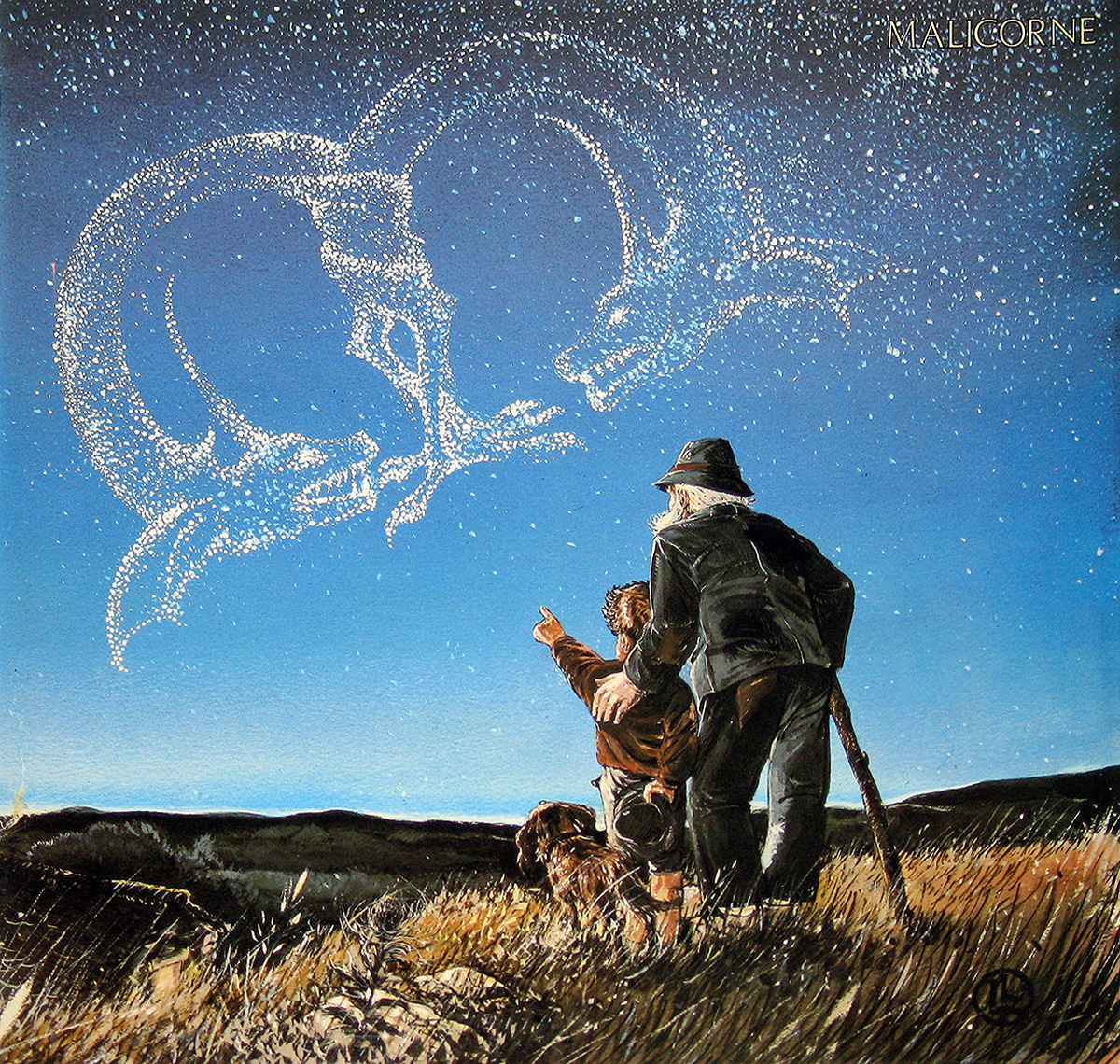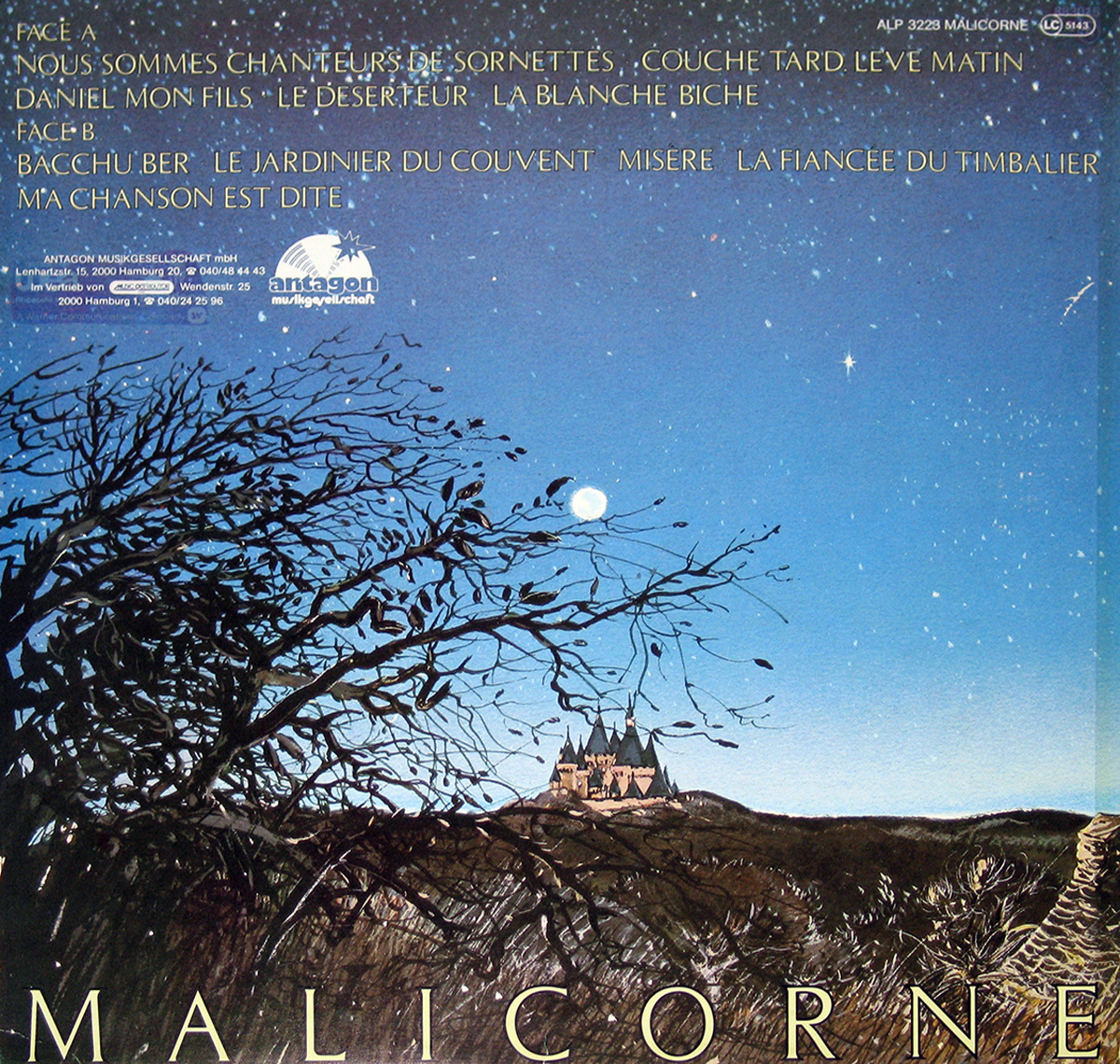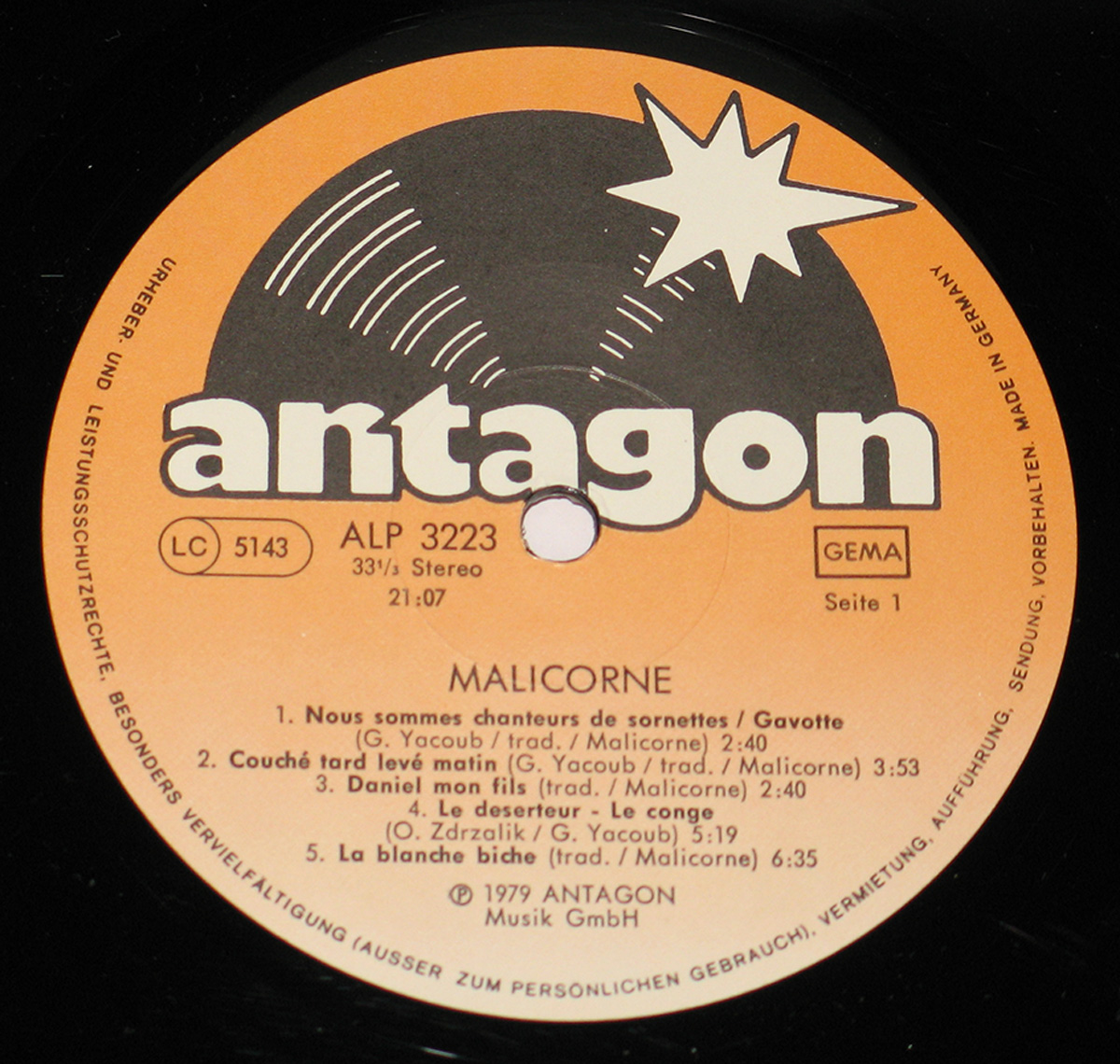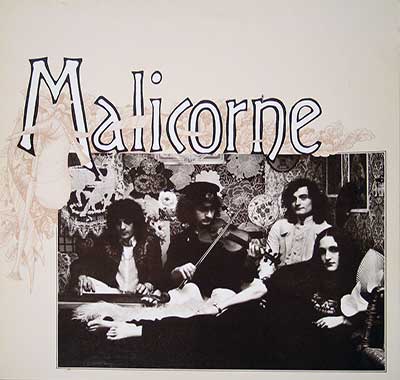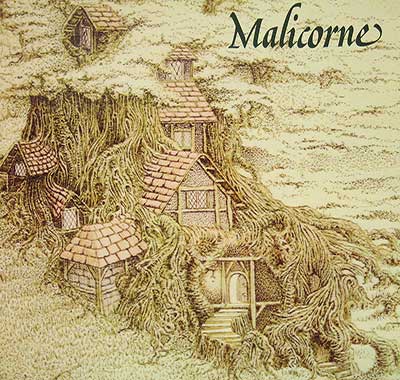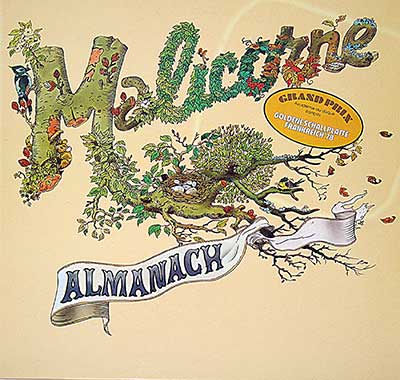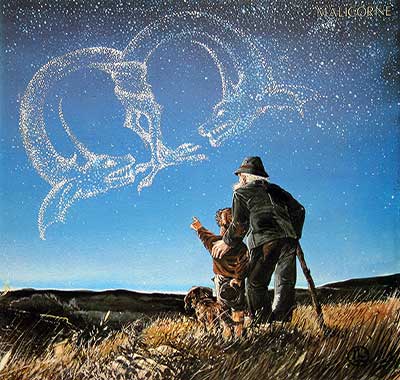Malicorne is not only the name of a French commune, but it is also the name of a highly influential French rock band that emerged in the 1970s. The band is known for their unique blend of traditional French folk music with progressive rock, creating a sound that was unlike anything heard before in the French music scene.
The band was formed in 1973 by Gabriel Yacoub, Marie Yacoub, Laurent Vercambre, and Hughes de Courson. They took their name from the commune where Gabriel and Marie Yacoub had spent time living and playing music together. The band's music was heavily influenced by the traditional music of France, and they incorporated elements of medieval music, Renaissance music, and traditional Breton music into their sound.
Malicorne released their first self-titled album in 1974, which was an instant success in France. The album was a fusion of traditional French folk music with elements of progressive rock, and it received critical acclaim for its unique sound. The album's success helped to establish Malicorne as one of the most important bands in the French music scene.
Over the course of their career, Malicorne released a total of nine studio albums, each one building on the sound that they had developed on their previous releases. Their music was characterized by its intricate arrangements, soaring vocals, and the use of traditional instruments like the hurdy-gurdy, the bombarde, and the bagpipes.
Malicorne's influence on the French music scene cannot be overstated. They were pioneers of the folk rock genre in France, and their unique sound inspired countless other musicians in the country. Their music was also influential outside of France, and they were often compared to bands like Fairport Convention and Steeleye Span.
Malicorne disbanded in 1986, but their music continues to be celebrated to this day. Their influence can be heard in the music of many contemporary French musicians, and their legacy as pioneers of the French folk rock scene is secure. Their music remains a testament to the power of blending different musical traditions to create something truly unique and groundbreaking.
